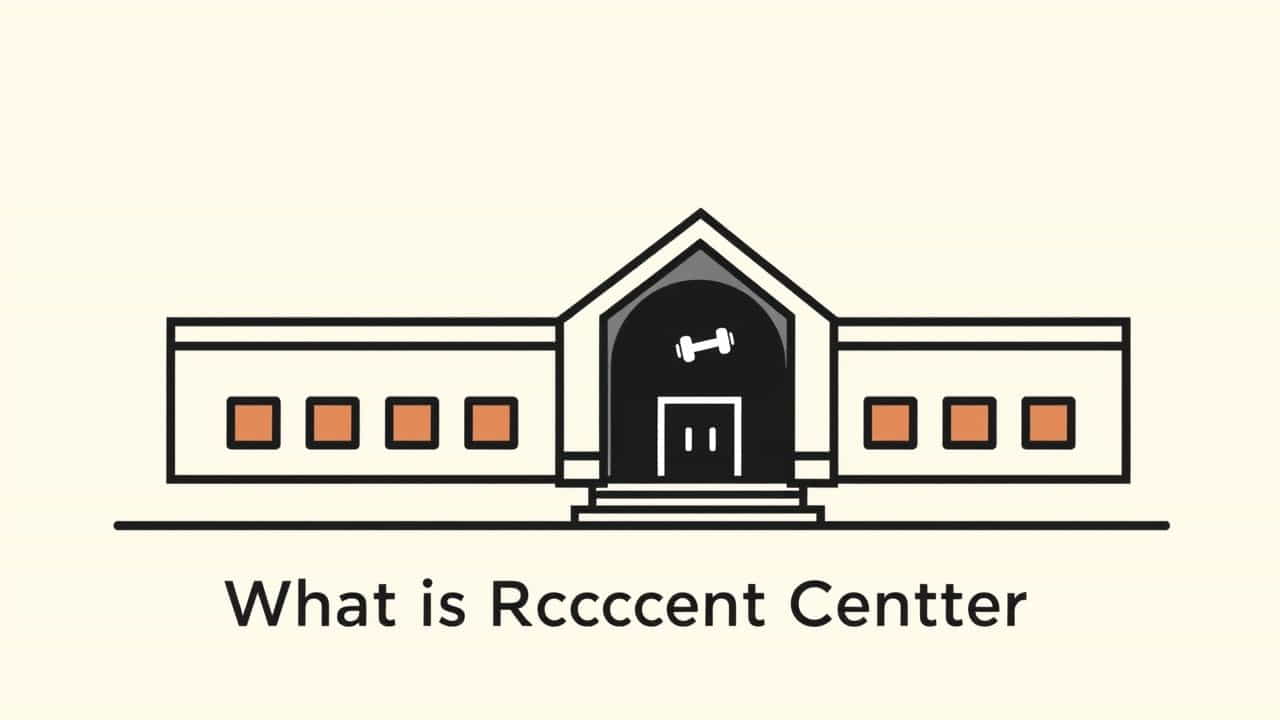A recreation center, commonly known as a rec center, is a community facility that provides a variety of recreational, educational, and social activities for people of all ages. These centers serve as hubs for fitness programs, sports, arts and crafts, youth activities, and community gatherings. They play a crucial role in promoting healthy lifestyles, social interaction, and personal development.
Whether you are looking for a place to exercise, learn a new skill, or connect with others, a rec center offers something for everyone.
What Is a Rec Center?
A rec center is a public or private facility designed to offer recreational activities and community services. These centers are typically run by local governments, non-profit organizations, or private institutions and aim to provide affordable or free access to various programs.
Key Features of a Rec Center
-
Fitness and exercise facilities – Gyms, swimming pools, and sports courts.
-
Educational programs – Classes for arts, crafts, and skill-building.
-
Youth and senior activities – Programs tailored for different age groups.
-
Community events and gatherings – Meeting spaces for local organizations.
Types of Rec Centers
1. Community Recreation Centers
These centers cater to people of all ages and offer a wide range of activities such as sports, arts, educational workshops, and fitness classes.
2. Youth Recreation Centers
Focused on children and teenagers, these facilities provide after-school programs, summer camps, and leadership training to keep young people engaged in positive activities.
3. Senior Recreation Centers
Designed for older adults, these centers offer fitness programs, hobby clubs, and social gatherings to promote an active lifestyle among seniors.
4. Sports and Fitness Centers
These rec centers are equipped with gymnasiums, swimming pools, and courts for basketball, tennis, and other sports. Many also provide personal training and group exercise classes.
5. Specialized Recreation Centers
Some centers focus on specific activities such as arts and culture, music, dance, or outdoor adventure programs.
Activities and Programs Offered at a Rec Center
1. Sports and Fitness Programs
Most rec centers provide facilities for various sports and fitness activities, including:
-
Basketball, soccer, and volleyball courts.
-
Swimming pools for lessons and lap swimming.
-
Weightlifting and cardio exercise rooms.
-
Yoga, aerobics, and dance classes.
2. Educational and Creative Programs
Many rec centers offer skill-building and creative classes, such as:
-
Art and painting workshops.
-
Music and dance lessons.
-
Computer and technology training.
-
Language and literacy programs.
3. Youth and Family Activities
For families and young individuals, rec centers provide:
-
After-school programs for homework help and extracurricular activities.
-
Summer camps and holiday events.
-
Teen leadership and mentoring programs.
4. Social and Community Events
Rec centers also serve as a place for community interaction and cultural exchange by hosting:
-
Local festivals and celebrations.
-
Fundraisers and charity events.
-
Public meetings and town hall discussions.
Benefits of a Rec Center
1. Promotes Physical Health
Rec centers encourage active lifestyles by offering spaces for exercise and sports. Regular physical activity helps in maintaining good health, reducing stress, and preventing chronic diseases.
2. Encourages Social Interaction
These centers provide opportunities for people to meet, interact, and form friendships through group activities, team sports, and social events.
3. Provides Affordable Recreation Options
Most rec centers are low-cost or free, making it accessible for individuals and families who may not be able to afford private gyms or clubs.
4. Supports Youth Development
By offering educational and recreational programs, rec centers help young people develop essential life skills and stay engaged in positive activities.
5. Enhances Community Engagement
Rec centers play an important role in bringing people together, strengthening community bonds, and creating a sense of belonging.
How to Find and Join a Rec Center
1. Search for Local Rec Centers
Most cities and towns have public rec centers managed by local government agencies. You can check the official community website or visit nearby recreation facilities to learn more.
2. Membership and Fees
While some rec centers are free, others may require membership fees for access to premium facilities. Discounts are often available for students, seniors, and families.
3. Volunteer and Get Involved
Many rec centers rely on volunteers to assist with events and programs. Joining as a volunteer is a great way to contribute to the community while enjoying the center’s services.
A rec center is more than just a place for sports and fitness it is a community hub that offers valuable programs for people of all ages. Whether you are looking to stay active, learn new skills, or connect with others, a recreation center provides an inclusive space for personal growth and social engagement.
By taking advantage of the resources available at your local rec center, you can improve your well-being, make new friends, and actively participate in your community.
